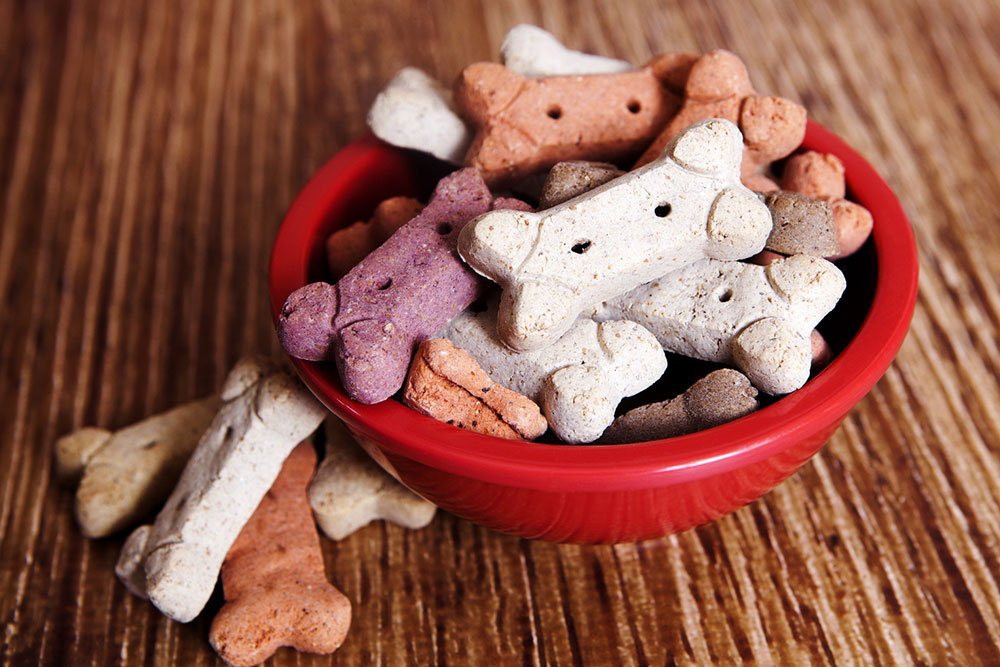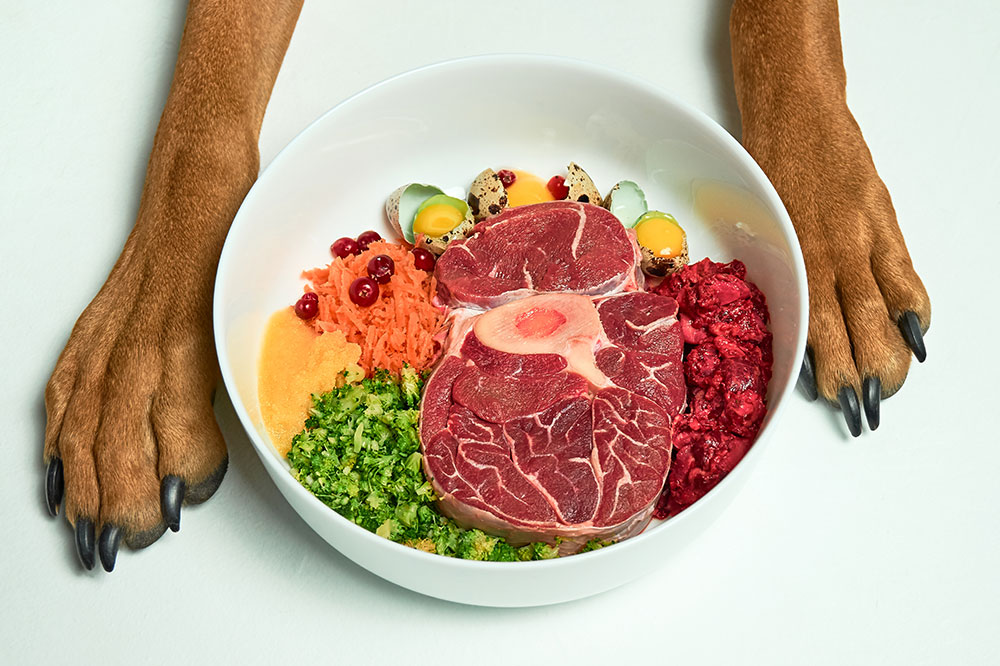Guide to Selecting the Best Nutrition for Your Canine Companion
Discover how to select the best nutrition for your dog with expert tips on premium foods, ingredients to avoid, and diet types. This guide helps pet owners make informed choices for their furry friends' health and happiness.

How to Choose the Right Food for Your Dog
As one of the most loved pets worldwide, dogs require proper nutrition for optimal health. Providing high-quality, balanced diets promotes a shiny coat and energetic behavior. An ideal diet should be high in protein, moderate in fats, and low in unnecessary carbs. It's also vital to steer clear of harmful additives and fillers. Online, there are around 3,000 premium dog food recipes, offering plenty of options for pet owners seeking the best nutrition for their furry friends.
Leading brands formulate their products based on these principles to ensure quality nutrition.
What Makes a Dog Food Premium?
High-quality dog foods exclude these ingredients:
- Preservatives with chemicals
- Animal fats from unknown sources
- Artificial dyes
- Excess carbs
- Inferior meat substitutes
Types of Dog Food
Consulting a veterinarian is recommended when choosing or preparing your dog’s diet. While some dogs need diets lower in protein, most thrive on protein-rich meals to support their energy needs.
Dry Kibble
Dry kibble is a popular choice among premium dog foods due to its long shelf life and convenience. Manufacturers offer specialized formulas to meet varied pet needs.
Pros
Long-lasting storage, easy handling, and resistance to bacteria make dry food a practical option.
Cons
The manufacturing process involves high temperatures, which may increase carbohydrate levels and deplete moisture.
Wet Food
Canned varieties include minced, shredded, or loaf-style meats, making them appealing and flavorful for dogs.
Pros
Minimally processed, rich in protein, and low in carbs, providing nutritious options.
Cons
Once opened, wet food must be consumed promptly to prevent spoilage, as it is perishable.
Common Ingredients
Proteins
Chicken, lamb, beef, duck, venison, salmon, pork, turkey, whitefish, buffalo, mackerel
Animal Meals
Turkey meal, chicken meal, duck meal
Natural Preservatives
Vitamin E (mixed tocopherols), vitamin C (citric acid, sorbic acid), rosemary
Ingredients to Steer Clear Of
Harmful Preservatives
BHA, BHT, TBHQ, propyl gallate, ethoxyquin
Toxic Foods
Avocado, onion, garlic
Low-Quality Proteins
Unspecified meats, meat meals, animal by-products
Artificial Additives
Colorings, flavorings, cane sugar, corn syrup, propylene glycol, MSG
Tips for Selecting Your Dog’s Food
After thorough research, experts recommend trusted brands known for premium quality. However, each dog has individual needs, so personal preferences and health considerations should guide your choice.
Favorite Flavors
Dogs, like humans, have taste preferences. Trying different protein sources can help identify what your dog enjoys most. New dog owners should experiment to find the best fit.
Addressing Allergies and Sensitivities
Some dogs develop allergies exhibiting skin issues or digestive problems. According to Dr. Gary Richter, sensitivities often relate to proteins like chicken or beef, or ingredients like wheat, corn, or rice.
This guide aims to help dog owners make informed decisions in selecting the best premium food, emphasizing what to look for and avoid for your pet’s health.


